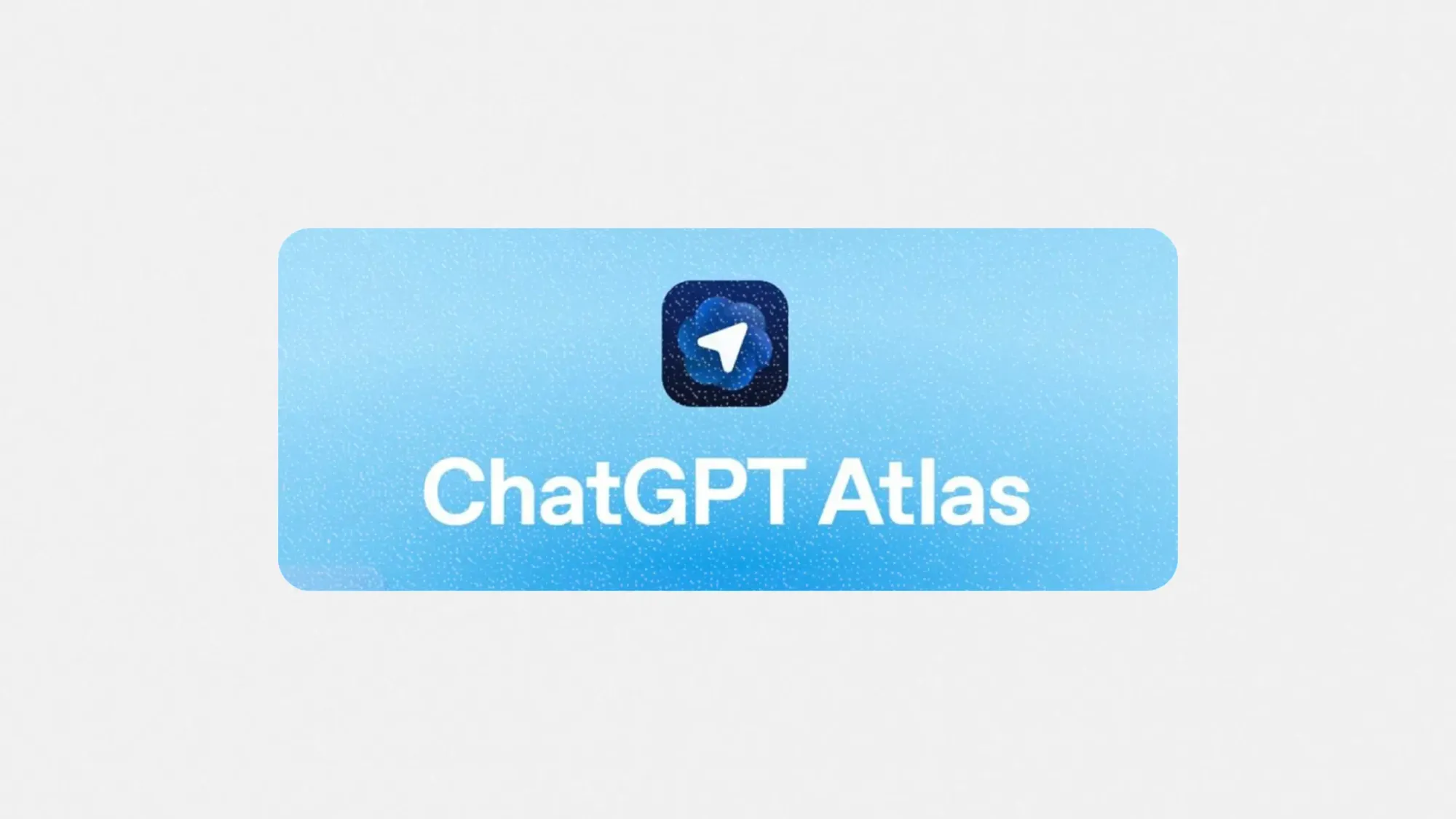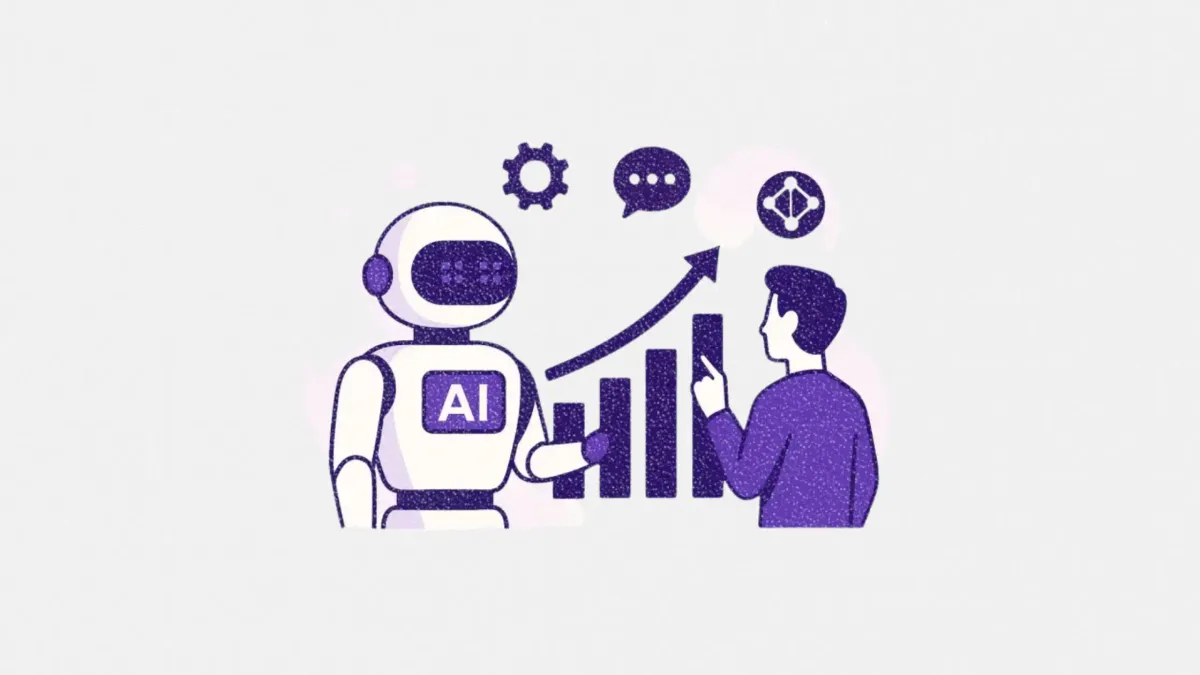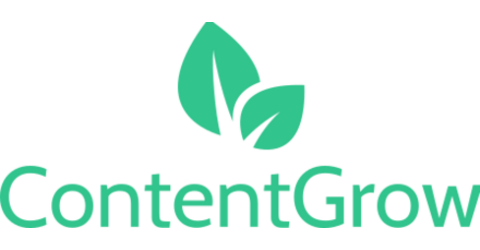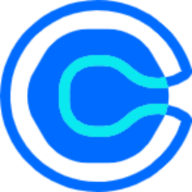OpenAI unveils Atlas, a new way to build custom GPTs for teams
OpenAI's latest launch gives companies a flexible way to deploy GPTs with team controls

OpenAI has rolled out Atlas, an enterprise-focused toolset designed to help organizations build, manage, and scale internal GPTs.
While the company is best known for ChatGPT, Atlas brings a more structured, team-oriented offering into the mix — targeting use cases across brand research, internal content ops, knowledge management, and communication workflows.
This article explores what Atlas is, how it works, and why marketers should keep a close eye on it as custom AI assistants become more strategic in the workplace.
Short on time?
Here is a table of content for quick access:

What is Atlas?
Based on details in internal decks shared by OpenAI, Atlas appears to be a workspace-native platform for creating and deploying internal GPTs across departments. Think of it as a ChatGPT for teams, where organizations can:
- Create custom AI assistants trained on internal documents or guidelines
- Assign access permissions for different roles or departments
- Integrate proprietary tools, APIs, or live data sources into the GPT experience
- Monitor usage and outputs to ensure brand safety and consistency
Atlas shows an interface where multiple "GPTs" are listed under a shared workspace, including assistants built for media monitoring, sales enablement, and product Q&A. These GPTs can be shared securely across a team, with guardrails in place.
How does Atlas differ from ChatGPT?
While ChatGPT allows individual users to build custom GPTs with tools like Custom Instructions or File Uploads, Atlas extends this functionality at the org level. Notable distinctions:
- Team-level control: Admins can manage who sees what, and create guardrails around brand tone or response style.
- Workspace sharing: GPTs are not siloed per user—they’re built for teams to use together.
- Integrated knowledge: Atlas connects to internal sources, allowing marketers to feed it campaign data, style guides, and research docs.
This unlocks scalable workflows for marketing teams, especially in areas like:
- Responding to media or customer queries with consistent messaging
- Drafting campaign briefs or product copy from past assets
- Training assistants to follow tone-of-voice and brand guidelines
What marketers should know
Atlas introduces a new operating model for AI inside orgs. Here’s why it matters:
1. AI assistants are going from personal to professional
Atlas signals a shift in how GPTs are deployed—from personal assistants to business assets. For marketers, this means creating GPTs that can generate copy, summarize reports, or handle campaign FAQs, all within brand guardrails.
2. Internal knowledge is finally usable in real time
By allowing marketers to feed GPTs with internal docs (e.g., brand guidelines, tone decks, pitch decks), Atlas bridges the gap between static assets and real-time execution.
Example use cases include:
- A PR GPT that pulls media narratives and writes reactive statements
- A Product GPT that answers FAQs with data from product specs
- A Campaign GPT that drafts social copy aligned to tone and messaging
3. Governance is built in
Unlike free-for-all GPTs, Atlas supports version control, access restrictions, and moderation—crucial for avoiding off-brand or risky outputs. This makes it viable for comms teams, agencies, and regulated industries.
Strategic implications for B2B marketers
- Own your AI workflows: Instead of relying on general-purpose GPTs, Atlas lets you design AI tools purpose-built for your workflows—from lead gen to internal enablement.
- Enhance message discipline: Atlas can be your first line of defense in keeping GPT-generated content on-brand.
- Scale content ops: Whether it’s internal training docs or client reporting, marketers can offload first drafts to Atlas-trained assistants.
- Maintain control: With permissions and oversight, marketers don’t have to choose between AI efficiency and brand safety.
Atlas won’t be a consumer-facing blockbuster—but that’s the point. It’s a strategic move from OpenAI to own the internal AI layer of the enterprise, starting with flexible, marketer-friendly tools.
For B2B marketers and comms leaders, the opportunity is clear: get ahead by deploying AI that knows your brand as well as your team does.




